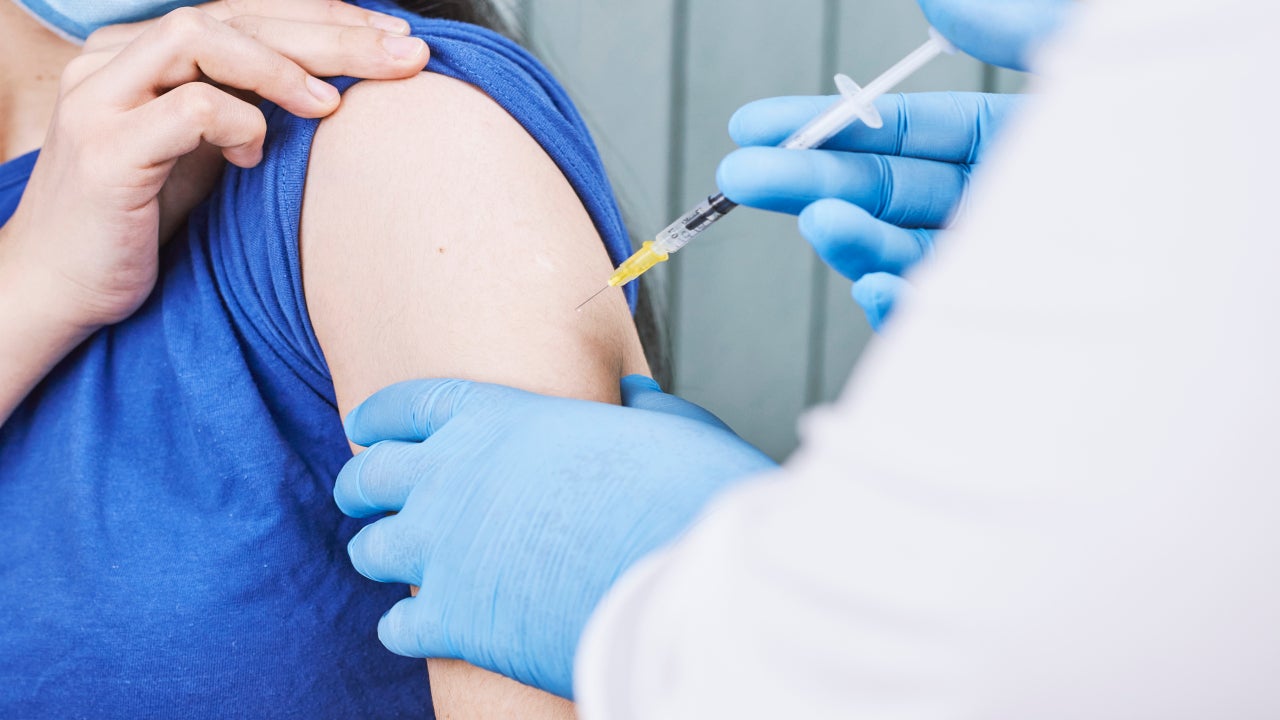With the Covid-19 pandemic recently passing one year in duration, clinical research continues to be significantly affected. The most prominent disruptions involve site closures, patient enrollment and retention issues, R&D shifts to Covid trials, drug delivery issues, and difficulties with ensuring a high standard of patient care. The issues presented led to sponsors having to modify trial designs to prevent the suspension, termination, or withdrawal of planned and ongoing clinical trials. The adaptation and usage of decentralized trials and virtual technologies have been strongly accelerated in order to mitigate the issues presented by the pandemic. In this article we observe the proportion of disrupted clinical trials for the top ten therapy areas in terms of number of planned and ongoing trials in order to identify the therapy areas that have been most and least successful in adapting to the pandemic’s pressures.
As displayed in Figure 1, infectious disease clinical trials have the lowest proportion of disrupted trials, with just 0.91% of trials disrupted. Trial coordinators conducting non-Covid-19 related infectious disease trials may have the necessary experience to circumvent the greatest barriers caused by the pathogenesis of Covid-19 and are thus best placed to adapt processes to ensure trials can initiate and continue running. Table 1 shows that infectious disease studies also have the lowest proportion of Phase I and Phase II disruptions among the top ten therapy areas.
Interestingly, while oncology studies have the highest number of disrupted trials among the top ten therapeutic areas, these studies also have the second lowest proportion of trial disruptions due to Covid-19 (1.18%). The relatively low proportion of disrupted trials may be attributed to the urgency of these studies where outcomes are concerned; in some cases, discontinuation of experimental therapies may result in substantial harm to participating patients. Furthermore, as oncology has almost double the number of trials as the second-place central nervous system disorders, a larger amount of funding may be spent in implementing new practices and overcoming barriers. Teams conducting oncology studies have demonstrated capability in preventing disturbances to late-phase studies and hold the lowest proportion of Phase III (0.33%) and Phase IV (0.09%) disruptions.
Respiratory trials have the third lowest proportion of disruptions (1.42%); this may be attributed to non-Covid-19 respiratory trials having similar trial designs to Covid-19 trials and in many cases Covid patients were added as additional arms of ongoing respiratory trials to identify effective treatments. Thus, owing to the similarities in trial designs, the barriers stemming from the pandemic may have a smaller effect.
Cardiovascular studies have the fourth lowest proportion of disrupted studies at 1.51%; however, these studies also showcase the highest rate of Phase III disruptions at 3.18%, more than double their overall disruption rate. Musculoskeletal disorders have a similar proportion of disrupted trials (1.54%) as cardiovascular trials and have the highest overall Phase IV disruption at 1.50%.
Focusing on the top five therapeutic areas with the highest proportions of disruption, central nervous system studies (1.68%) and metabolic disorder studies (1.70%) hold fifth and fourth place, respectively. Immunology studies have the third highest proportion of disruption at 1.73%. This may be attributed to the significant proportion of trial participants with compromised immune systems making enrollment and participation in clinical trials difficult. This is particularly evident in Phase II immunology trials, which have the highest proportion of Phase II disruptions of all top ten therapeutic areas.

US Tariffs are shifting - will you react or anticipate?
Don’t let policy changes catch you off guard. Stay proactive with real-time data and expert analysis.
By GlobalDataGastrointestinal studies hold the top position for clinical trial disruptions due to Covid-19 at 2.04% followed by hematological disorders at 2%. Gastrointestinal studies and hematological disorders trials generally require more frequent sample collection to assess the efficacy of a therapy through biomarker concentration analysis. The increased use of decentralized and virtual trials may be less suitable for therapy areas which require frequent non-point of care data collection and analysis, thereby holding the highest proportions of disrupted studies due to Covid-19.








